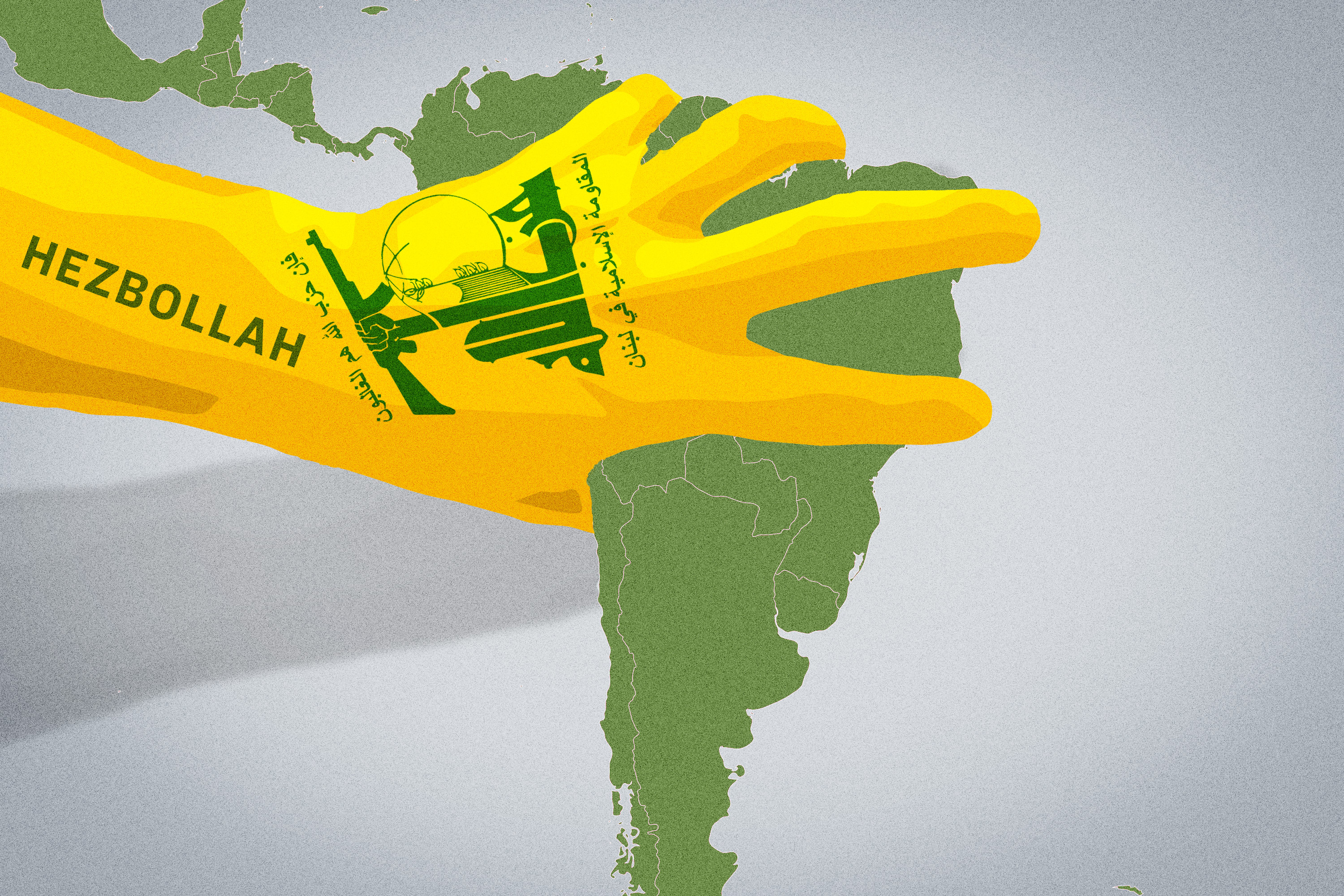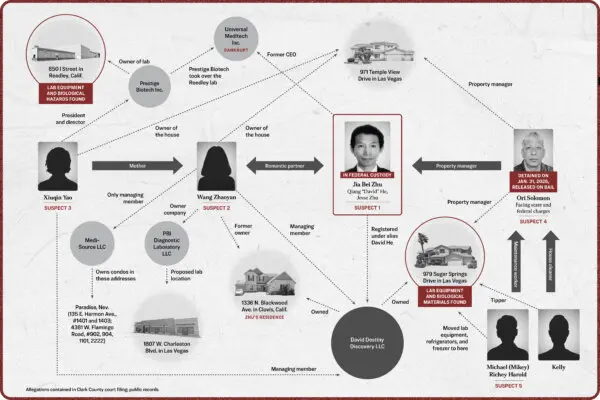The new wave of leftist governments in Latin America, along with an increasingly brazen posture from Tehran, has given Iran and its proxy terrorist groups a favorable environment to mingle with organized crime, cross borders with impunity, and engage in more direct state-to-state exchanges, analysts say.
“There’s always been a certain level of not only networks but also influence by both Hezbollah and behind Hezbollah, Iran, in the region,” said Evan Ellis, a former State Department official and research professor of Latin American studies at the U.S. Army War College Strategic Studies Institute.










